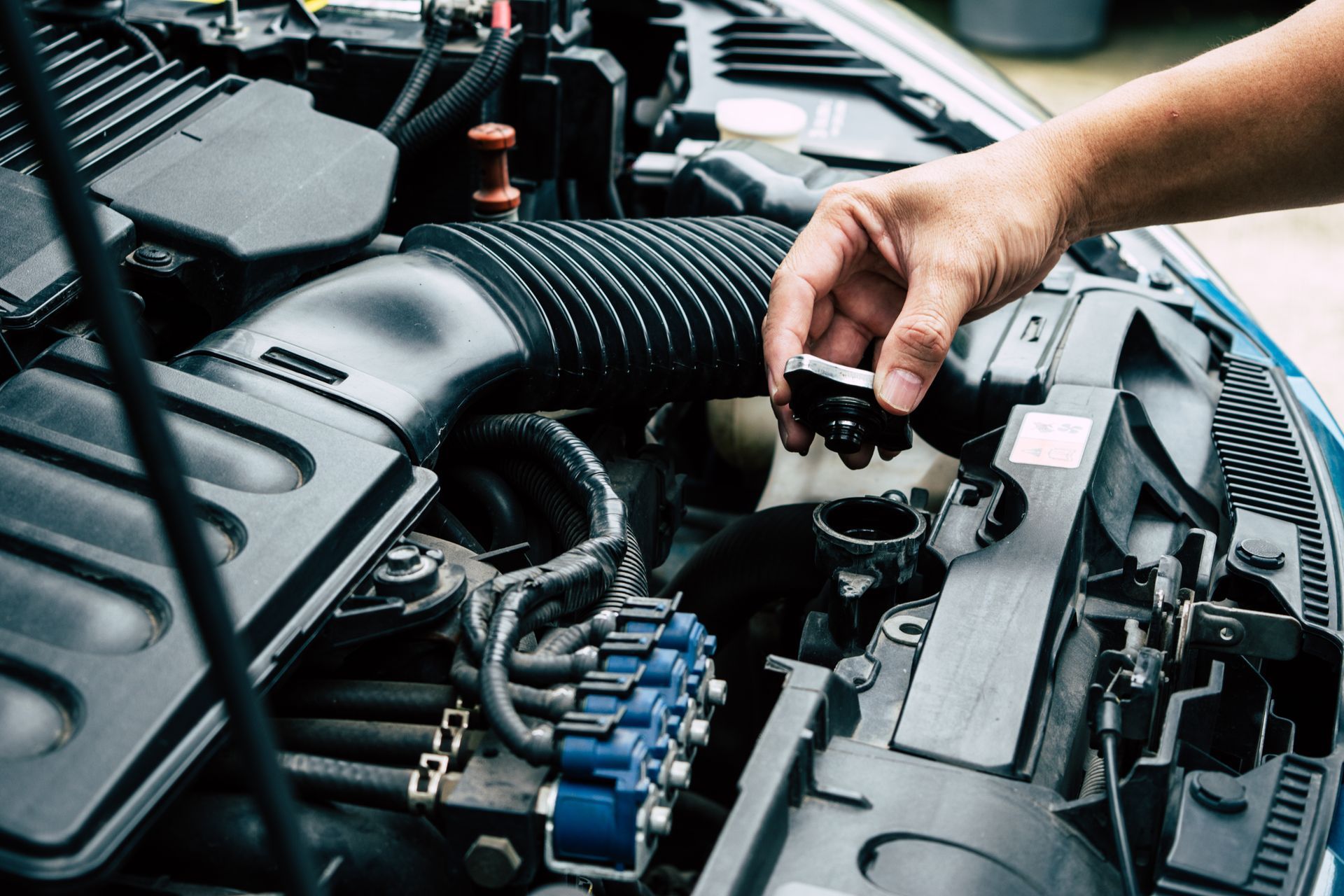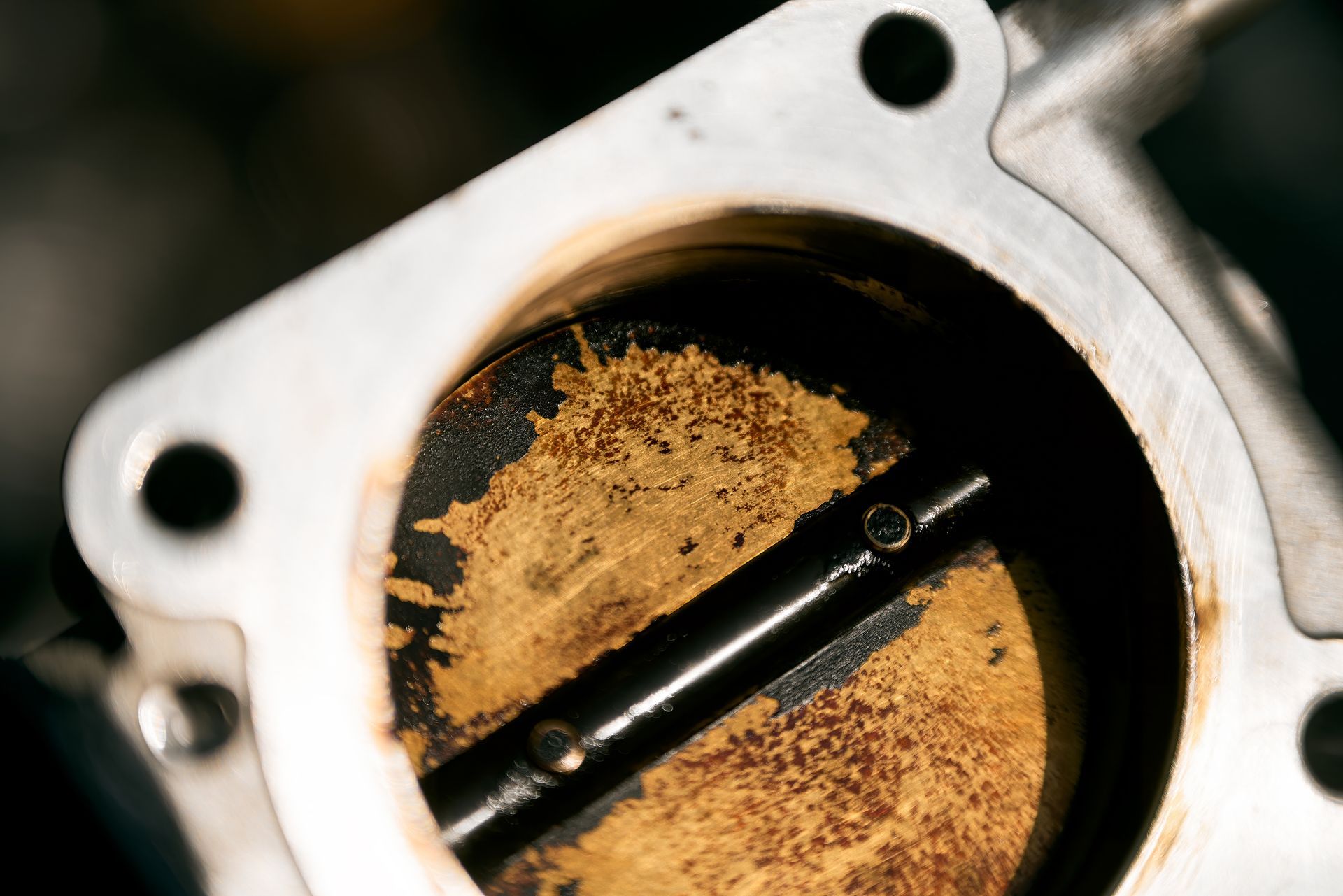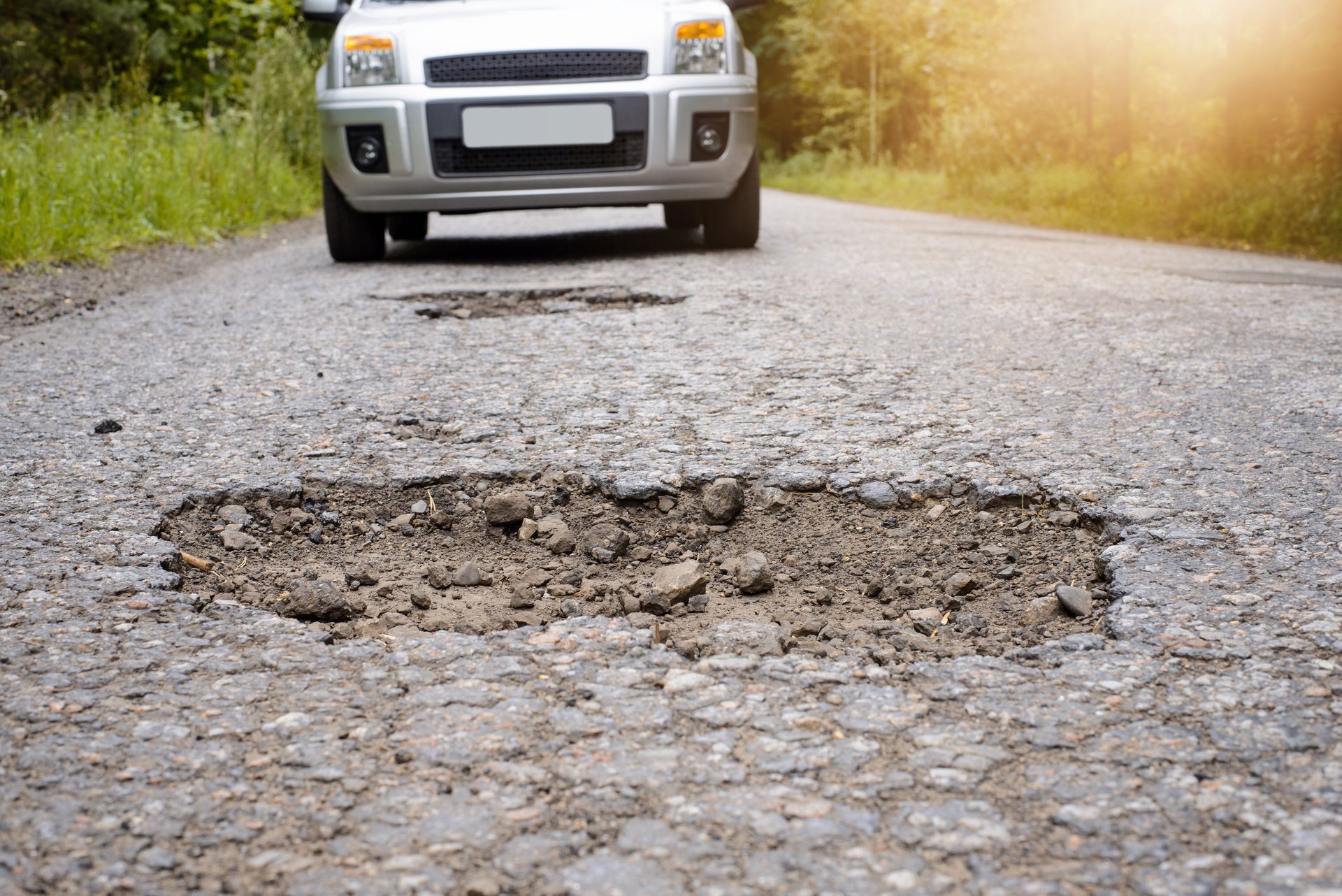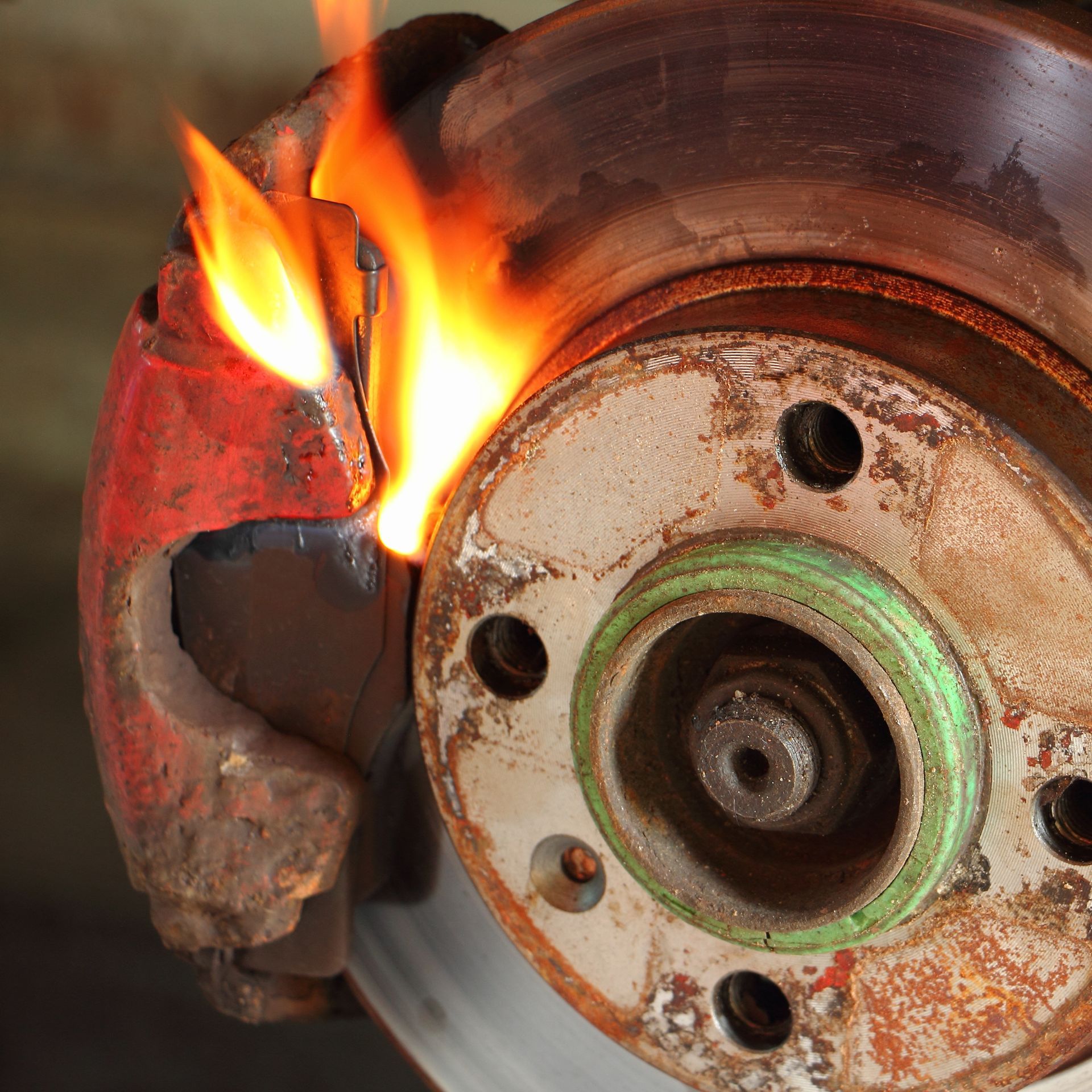Did your car's temperature gauge start climbing into the danger zone? The dreaded sight of smoke billowing from under the hood confirms your fears – your engine is overheating. But why is this happening, and more importantly, how can you prevent it from occurring again in the future? Let's find out the reasons behind engine overheating and uncover some essential tips to keep your ride cool and your travels smooth.
A Quick Overview of Engine Overheating
Engine overheating occurs when the temperature of your car's engine surpasses safe operating levels. This can lead to serious damage if not addressed promptly. Several factors can contribute to engine overheating, including:
- Low Coolant Levels: Insufficient coolant in your car's cooling system can hinder its ability to regulate engine temperature effectively.
- Faulty Thermostat: A malfunctioning thermostat may fail to open properly, preventing coolant from circulating through the engine and causing it to overheat.
- Cooling System Leaks: Leaks in the cooling system, such as a cracked radiator or a damaged hose, can result in coolant loss and subsequent overheating.
- Blocked Radiator: Debris or sediment buildup in the radiator can obstruct airflow and impede the cooling process, leading to overheating.
Signs of Engine Overheating
Recognizing the warning signs of engine overheating can help you address the issue before it escalates. Look out for:
- Steam or smoke coming from under the hood
- The temperature gauge rising into the red zone
- A burning smell emanating from the engine compartment
- Engine misfires or loss of power
Preventing Engine Overheating
Now that you understand the causes and signs of engine overheating, let's share some preventive measures to keep your engine cool:
- Regular Maintenance: Stay on top of routine maintenance tasks, such as checking coolant levels, inspecting hoses and belts for wear, and flushing the cooling system as recommended by your vehicle manufacturer.
- Keep Your Coolant Fresh: Ensure that your coolant is clean and topped up to the appropriate level. Consider flushing and replacing old coolant according to your vehicle's maintenance schedule.
- Watch Your Temperature: Monitor your car's temperature gauge while driving, especially in hot weather or during long trips. Pull over and let your engine cool down if you notice any signs of overheating.
- Check for Leaks: Periodically inspect your vehicle for signs of coolant leaks, such as puddles under the car or a sweet-smelling odor. Address any leaks promptly to prevent coolant loss and overheating.
Let Mountain Tech Inc. ensure your engine stays in top-notch condition. Visit us today for professional maintenance and peace of mind on every journey.











